If you have ever used addressable LEDs, you have probably heard of WS2811 and WS2812B. But what separates these two LED technologies? Why does understanding their differences matter? This guide explains WS2811 and WS2812B in detail, so you can choose the right LEDs for your project.
To pick the correct LED, it’s crucial to know the disparities among these kinds. This can be for creating a beautiful display or saving energy.
This post explores WS2811 and WS2812B, exploring their histories, applications, and critical differences. Read on to learn which LED type is best suited for your project.
What is WS2811?
Brief History of WS2811
The WS2811, made by Worldsemi, was a big hit in the RGB LED industry. It became popular because it allowed easy control of many LEDs. They made the chip to address the need for simpler LED management in businesses. Its introduction revolutionized how designers approached lighting scenarios, adding both vibrance and efficiency.
Common Applications
You can often see WS2811 LEDs on buildings or in gardens, adding light and decoration. They’re a staple in theatrical stage designs and are widely used in festive lighting. You can use WS2811 in car lights to make them glow with different colors and brightness. It’s fascinating! These LEDs can be used in many different ways. They can light up walkways or be a part of art.
Key Features of WS2811
The WS2811 is great because it works at 12V, so you can connect more LEDs without voltage issues. The chip’s outer IC helps efficiently control the LED clusters, usually in groups of three. This makes it a strong contender for projects requiring macro-level control. In addition to RGB, designers have options like RGBW and RGBA for different colors. This lets them experiment with various hues and saturation. The chip is reliable for outdoor setups because it can handle different voltages.
What is WS2812B?
Brief History of WS2812B
Riding on the coattails of WS2811’s success, Worldsemi introduced the WS2812B. The chip was a big improvement, not just a small update. It was made to fix the problems people had with WS2811. A big improvement was combining the control circuit and RGB chip into one 5050 component. By using this all-in-one approach, we can reduce the need for extra parts and circuit space. text
How it Improves upon WS2811?
WS2812B’s integrated circuitry paved the way for more straightforward implementations. Assembling an LED strip with WS2812B is easier because you don’t need external ICs. This results in a more streamlined and aesthetically pleasing design. Moreover, the WS2812B chip provides far superior single-LED control granularity. Picture setting up each LED on a long strip to show various colors and patterns. WS2812B is highly valued in applications that need accurate visual outputs because it can do this.
Key Features of WS2812B
Operating at 5V, the WS2812B has an advantage in energy efficiency. It’s a favorite among DIY hobbyists and those looking to add smart lighting to their homes. The built-in IC makes it easier to control and create fancy lighting effects for each LED. But, using 5 volts can cause voltage drops in long LED runs, so extra power points are needed. This chip also exclusively operates in the RGB color space. WS2812 has fewer colors than WS2811, but it transitions and animates colors more smoothly due to a faster PWM rate.
Core Differences between WS2811 and WS2812B
WS2811 and WS2812B are popular addressable LEDs, but they can’t be swapped with each other. They boast unique features that can make or break your project. Here, we delve into the core architectural differences that set them apart.
Architecture Comparison
IC Placement
In WS2811, the integrated circuit (IC) is separate from the LED, usually attached to the LED strip. When you use an outside placement, you have more design choices. However, it can make the setup more complicated. On the flip side, WS2812B simplifies the hardware by embedding the IC directly into the LED. This innovation is a game-changer for those seeking a sleeker, more integrated system.
Voltage Requirements
Voltage compatibility can significantly impact your project’s success. The WS2811 operates at 12V, which is good for long LED strips with voltage drop concerns. The WS2812B uses 5V power and saves energy. It requires power injections in long runs to fix voltage drop.
Feature Showdown
Color Rendering
The WS2812 B’s range is confined to the RGB spectrum. The colors are bright, but there are no options for white or other colors. WS2811 offers more than just RGB. It also has RGBW and even RGBA options for richer lighting possibilities.
Speed and Data Transmission
Both LED types operate on a single-signal transmission line. However, WS2812 B’s integrated IC enhances data transmission speed and stability. This factor makes animations smoother and response times quicker. This is the best choice for applications that need fast color changes and detailed lighting patterns.
LED Control Differences
The WS2811 usually controls LED clusters, usually three at a time, to adjust the level of control. This approach is beneficial for projects where uniform lighting is desired. WS2812B makes things even better by allowing you to control each LED separately. This opens up endless possibilities for creating intricate and complex lighting patterns. This feature is great for DIYers and professionals who want precise control.
Energiafogyasztás
Power efficiency is often a key consideration, especially for large installations. WS2811 needs extra voltage, which can cause more power usage and higher costs in the long run. The WS2812B operates on 5V and is more energy efficient. This is great for smaller projects or when conserving energy is important.
Pros and Cons: WS2811 vs WS2812B
To choose between WS2811 and WS2812B, consider the advantages and disadvantages of each. To help you choose the best LED for your project, we will discuss the pros and cons of both types.
WS2811: Advantages and Disadvantages
Előnyök
Extended Strip Lengths: One advantage of WS2811 is that it can operate at a higher voltage of 12V. You can use longer LED strips without voltage drop, perfect for outdoor installations.
Mass LED Control: The WS2811 architecture is great for projects that need uniform lighting effects in large areas. It controls LEDs in three clusters. Consider applications such as façade lighting, where complex color changes are not as important.
Cons
Limited Granularity: The three LED clusters controlled by a single WS2811 chip limit your granular control over your lighting setup. This can be a drawback for projects requiring individual LED customization, such as complex animation or signage.
Higher Power Consumption: Running at 12V, WS2811 setups can be energy-intensive, particularly in larger installations. This could increase operational costs over time, a crucial factor for long-term projects.
WS2812B: Advantages and Disadvantages
Előnyök
Precision Control: WS2812B is built for granularity. Each LED comes with an integrated IC, allowing for individual control. Its detailed lighting designs make it popular for art installations and interactive displays.
Energiahatékonyság: Operating at a lower voltage of 5V, WS2812B is generally more energy-efficient. This feature can be particularly beneficial for smaller setups or IoT devices where energy usage needs to be minimized.
Cons
Voltage Drop in Long Runs: WS2812 B’s lower operating voltage is a double-edged sword. Although it’s good for saving energy, longer strips need more power injection points to prevent voltage drop, making the setup more complex.
Practical Applications
In order to see if WS2811 and WS2812B are suitable for different projects, we need to test how well they work in real-life situations. Below, we delve into some case studies to illustrate where each LED type shines.
WS2811 in Real-World Scenarios
Outdoor Building Lighting: WS2811 is often the go-to choice for large-scale outdoor installations like commercial building façades. You can cover large surfaces easily because it operates at 12V and has long strip lengths. No need to worry about voltage drop. Moreover, its lower granularity isn’t an issue when uniform lighting is desired.
Holiday Decorations: Come the festive season, WS2811’s ability to control LEDs in clusters makes it a popular choice for holiday light setups. For example, you can make a bunch of WS2811 lights flash at the same time, creating a coordinated display. This doesn’t require complicated programming for each individual LED.
WS2812B in Real-World Scenarios
Intelligens otthon integráció: WS2812B offers unparalleled granularity for smart home enthusiasts. You can control each LED separately. This lets you create complex light sequences and triggers. The LEDs also work with other smart home devices like Alexa or Google Assistant.
Small-Scale Art Installations: Regarding artistic applications, the WS2812B stands out for its single-LED control capabilities. Artists can control the color and brightness of each LED. This allows for detailed designs and interactive art installations.
How to Choose Between WS2811 and WS2812B
Choosing the correct LED is important. It depends on cost, ease of use, and project needs. Here’s what to consider:
Budget and Cost
The WS2812B is more expensive, even though it has advanced features. If you have a smaller budget but still need to control a large number of lights, the WS2811 is a cheaper option.
Ease of Use
The WS2812B leads in the ease-of-use category. Setting up a WS2812B strip is usually easier because of its built-in IC. WS2811 may need a complex control system, which can take more time and technical know-how.
Versatility and Project Needs
Ultimately, your project’s specific requirements will dictate your choice. If you need precise control over LEDs and want to save energy, choose WS2812B. However, if you don’t need to control each light separately, WS2811 might work better.
GYIK
Can I use WS2811 and WS2812B LEDs together in one setup?
Yes, it’s possible, but complicated. You’ll need a controller that supports both types and handles voltage differences. Mixing the two types could affect color consistency and control granularity.
How Can I Counter Voltage Drop Issues in WS2812B Strips?
Voltage drops are more likely in longer WS2812B strips due to their 5V operation. One solution is to inject power at multiple points along the strip or to use a higher gauge wire.
Is WS2811 the Same as WS2812?
No, WS2811 and WS2812 are different. While WS2811 uses an external IC and operates at 12V, WS2812 integrates the IC and works on 5V. Also, WS2811 is less granular in control compared to WS2812.
Is Each LED in WS2811 Individually Addressable?
No, WS2811 usually controls LEDs in clusters, commonly in groups of three. This makes it less suitable for applications requiring individual LED control.
How Do RGB Strips Differ from Each Other?
Not all RGB strips are created equal. Factors like LED type (WS2811, WS2812B, etc.), voltage, and control mechanism differentiate them. Always read the specifications before making a purchase.
Do I Need Additional Components Like a Capacitor for WS2812B?
Using capacitors is recommended for smoothing out voltage fluctuations, although not mandatory. A 1000uF capacitor across the power input is often used.
What Type of Power Supply is Ideal for WS2812B?
A 5V power supply is ideal for WS2812B. To pick the right wattage, find the total power needed for your LED strip.
What’s the Power Consumption of a WS2811 LED?
A single WS2811 LED typically consumes around 0.3W. However, power consumption can vary based on brightness and color settings.
Is RGBW Superior to RGB?
The RGBW has another white LED for more colors and natural white tones. If color accuracy is important for your project, RGBW may be beneficial.
How Do You Safely Power a WS2812B LED Strip?
To operate safely, use a separate 5V power supply. You may also want to add a capacitor for voltage smoothing. Always follow the strip’s power requirements and electrical guidelines.
Summary and Recommendations
Both WS2811 and WS2812B offer unique advantages and drawbacks. Your specific needs and project requirements will dictate the best choice for you. WS2811 is best for big, simple projects. WS2812B is great for detailed control and less power. Choose wisely!
In the LED technology world, understanding the difference between WS2811 and WS2812B is crucial for success. If you need high-quality LED products, choose Unitop. They are a top LED szalagfények és LED neon flex manufacturer in China. Don’t hesitate to kapcsolatfelvétel for any lingering questions or specialized requirements. Let Unitop’s expertise light the way to your project’s brilliance.

Tom jelenleg az értékesítési vezetője a Unitop (Kína) Co., Limited. Ő volt a LED világítás 2005 óta az iparágban. Szakértője az értékesítésnek és marketingnek, valamint a gyárirányításnak. Szereti a testépítést, és őrült Apple rajongó! Keményen dolgozik, szeret tanulni és új dolgokat kipróbálni.
E-mail: tom@unitopledstrip.com WhatsApp: +86-18680307140

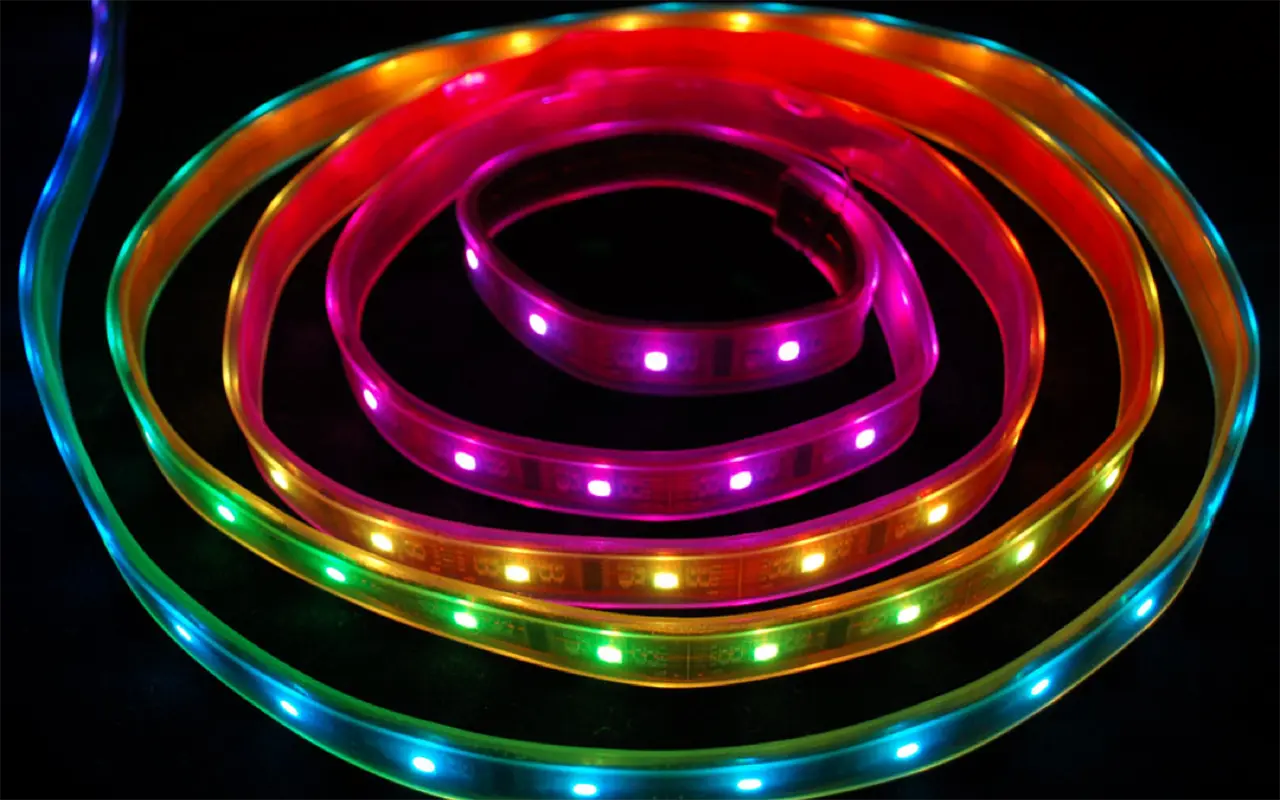

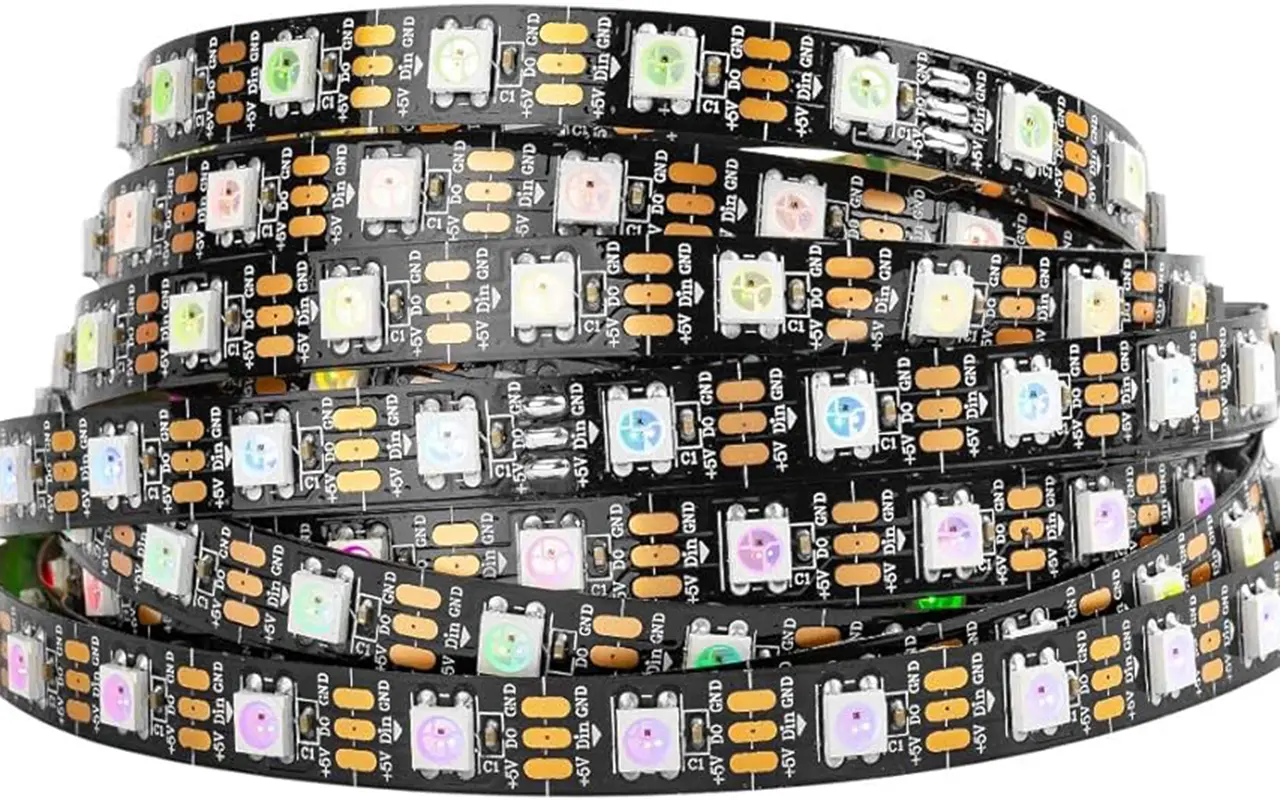
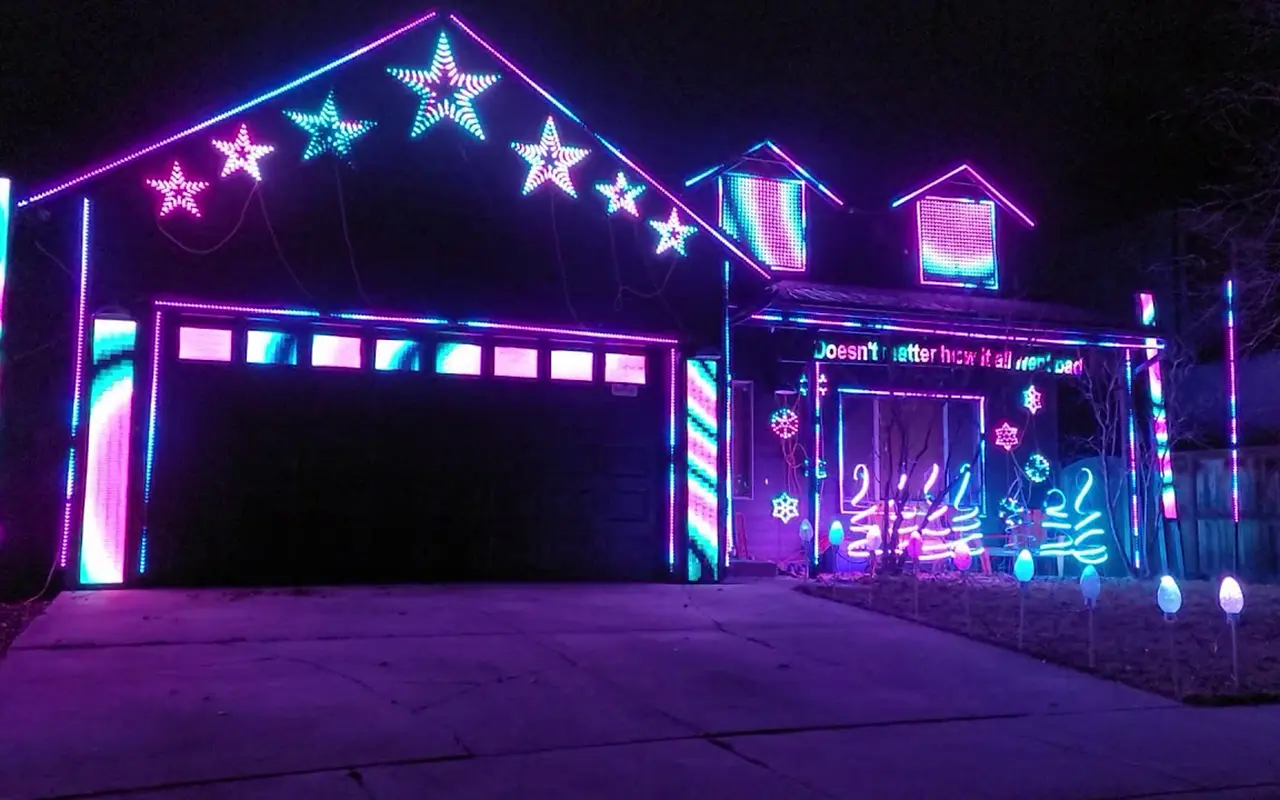
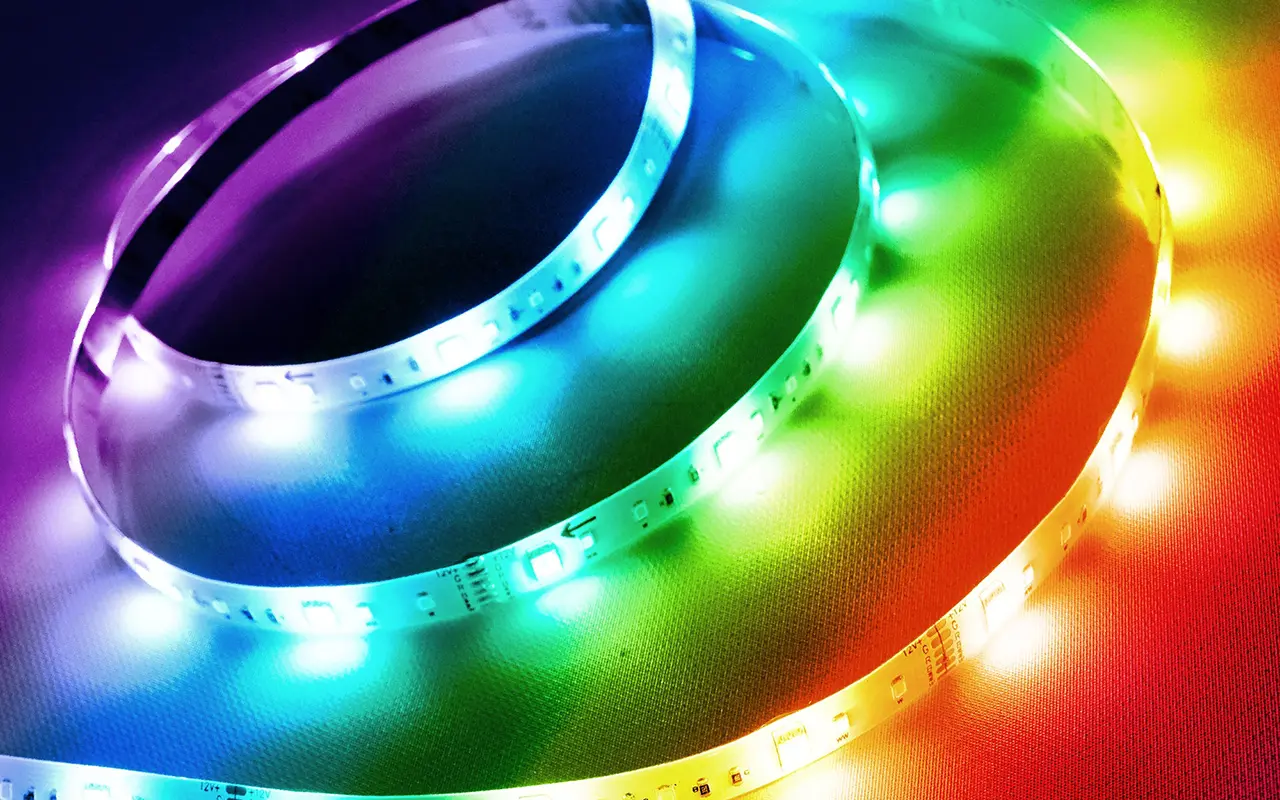


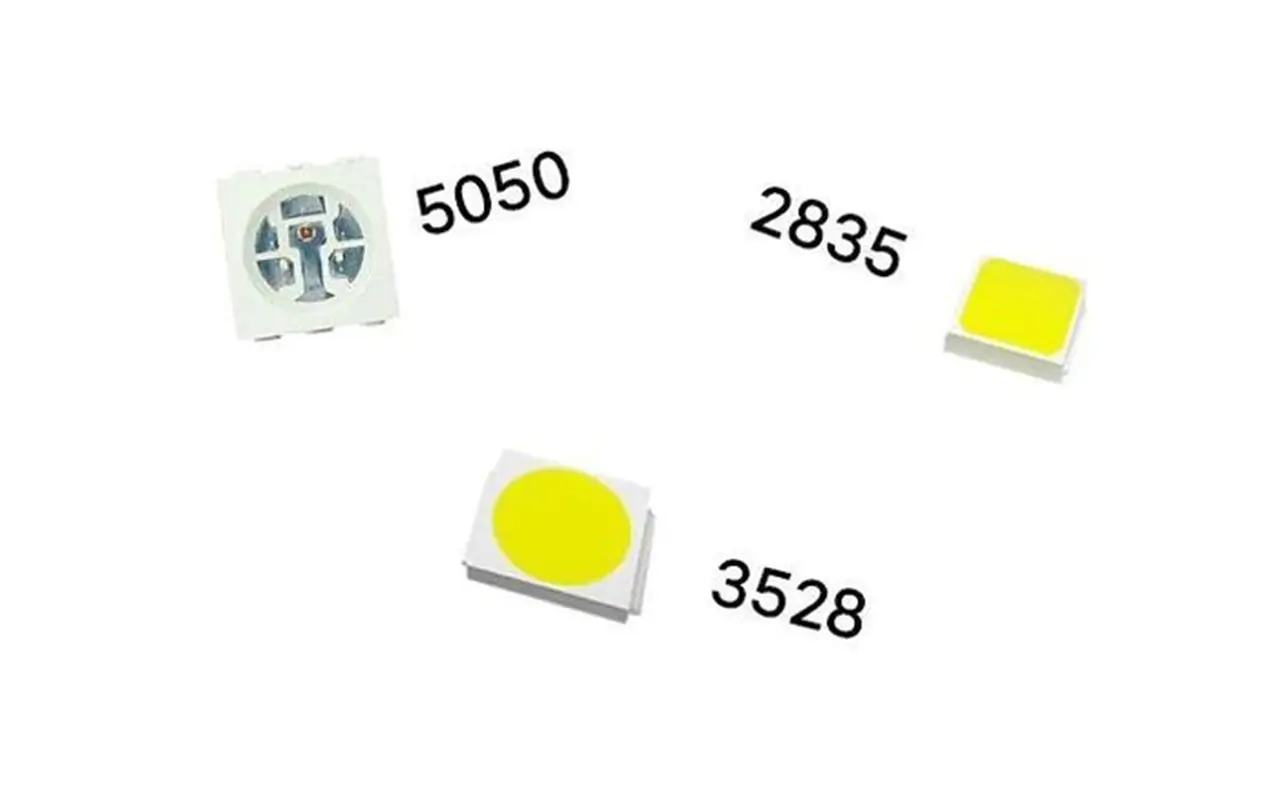
Hagyjon egy választ!
Szeretne csatlakozni a beszélgetéshez?Nyugodtan járulj hozzá az alábbiakban!